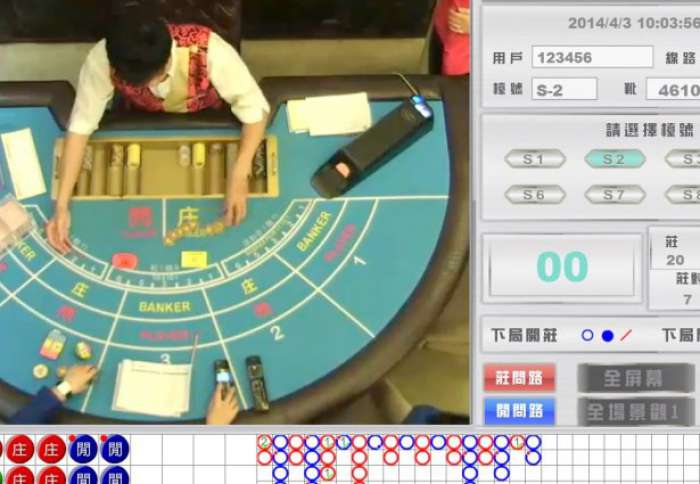Proxy betting in Asia’s growing casino industry
For several years, the practice of proxy betting has been gaining popularity in Asia. Several countries welcomethe service with open arms and with much optimism. Not only does it conveniently cater to a large market in the shadows, but it is also a viable cost effective strategy to help boost revenue. While arguably there are pros and cons to the practice, studies have shown that it has become an important component for the region’s growing casino industry.
But what exactly is “proxy betting” and how does it work?
Proxy betting is a practice that allows a player to participate in a live table casino game without having to physically be present at the table. This is done by the use of a proxy, albeit personal representative or an agent of the casino. The proxy sits at the live table game on the player’s behalf while the player views the game remotely via live feed. The player then communicates with the proxy through the use of mobile phone, and instructs the proxy on what to wager.

Unlike other games online, in proxy betting the player has no option to press a button and place a bet because all bets must be done live at the table in the casino premises. The player can only live stream the game while the proxy physically places the bet. The player watches the outcome and if it is a winning gamble then the money is awarded to the proxy. All wagering and money exchanges are done at the casino.
Why is proxy betting gaining popularity?
Given the parameters, proxy betting seems to be tailor made for high rollers and VIPs, which in turn means revenue for the casino. While both sides benefit, it is the incentives that drive its popularity.
For the casinos, proxy betting allows them to tap a high-end market at a fairly low cost. They simply set up special tables with high-speed connection and get the approved licenses to operate for this unique purpose. Once the doors open, it brings in added revenue with VIP players discovering the advantages of playing remotely.
Take players from Mainland China as an example. The government’s campaign against corruption, combined with the implementation of more restrictions related to money, has frozen many Chinese VIPs in their tracks. They are less willing to travel, opting to keep a low profile than be scrutinized while satisfying their gambling itch at a casino. With proxy betting, they are able to play remotely from anywhere in the world. Additionally, it is also more cost effective in regards to travel expenses.
However, the biggest incentive is the high level of comfort and privacy that proxy betting offers to the players. Most proxy betting clientele fear mobile online casinos; they still prefer the idea of placing their bets in a brick and mortar casino than on a purely online product. And since all wagers and cash transactions happen at the casino, players are not required to create an online account. This means, they can play with anonymity. That’s practically a dream come true.
Proxy betting not widely accepted
Yet despite its popularity and obvious revenues, some Asian countries are wary of proxy betting, citing that it compromises existing gaming protocols. It is argued that it creates an opening for money laundering and other illegal transactions. In addition, it allows players from forbidden countries to participate with full deniability. Before proxy betting can be widely accepted, strict regulations must first be in place to address all the issues.
Due to this, Macau’s Gaming Inspection and Coordination Bureau (DICJ) banned the use of phones at live table casino games in May 2016. This sent a booming message that proxy betting was prohibited in the gambling mecca. At the time, Macau’s proxy betting was just limited to interaction by phones with no live streaming.
But the new law was difficult to enforce. It was met with a thin veil of compliance as junkets discovered creative ways to continue the service. Another country banning proxy betting was Singapore, issuing violators stiff fines with possible prison time.
Philippines, Vietnam, and Cambodia embrace the practice
While some countries demand for stricter regulations on proxy betting, others in the region are more lenient on the rules and welcoming to the practice. Countries such as the Philippines, Cambodia, and Vietnam are eager to capture this market that currently does not have any room to grow in Macau. In today’s competitive landscape, getting an edge is key. And of course, numbers speak.
In the Philippines, it is estimated that proxy betting comprises nearly half of its VIP gaming revenue. With the expansion of casinos both in Manila and in the Clark Freeport Zone, it is expected that proxy betting will continue to be a major driving force towards a percentage of its revenue.
In Cambodia, experts admit that casinos make almost nothing but the proxy betting business makes fortunes. And in Vietnam, gaming may still be in its very early stages but with proxy betting offered, it gives the casinos and the country exposure for more possibilities in the future.
Article by Triccia David


















